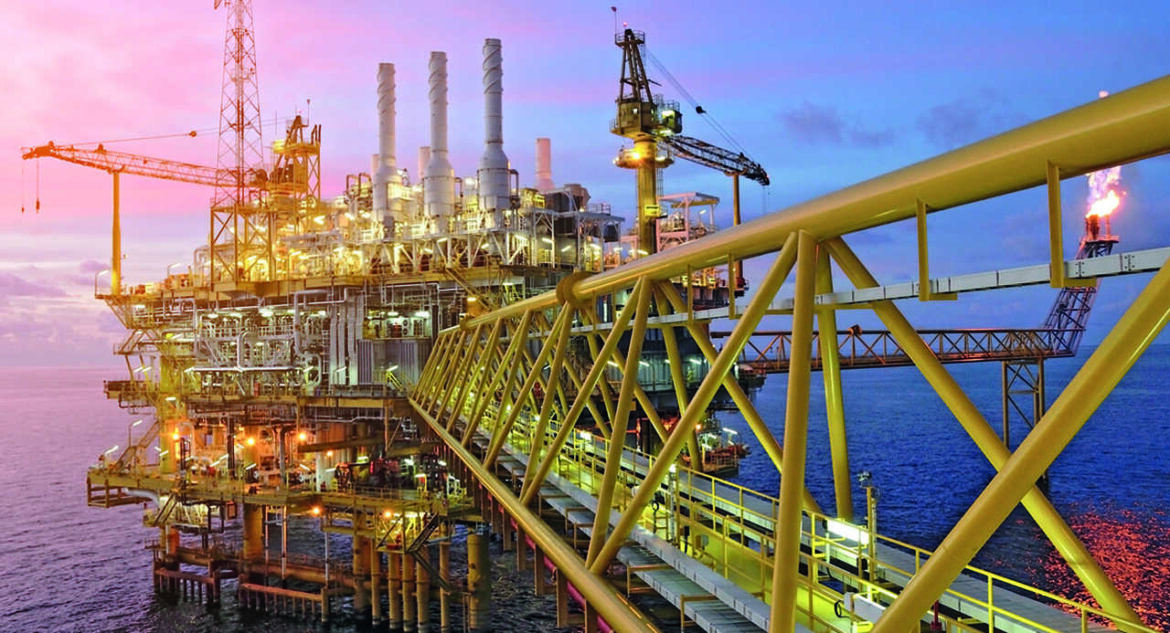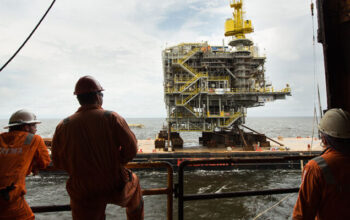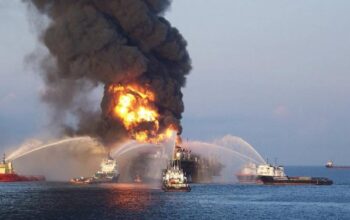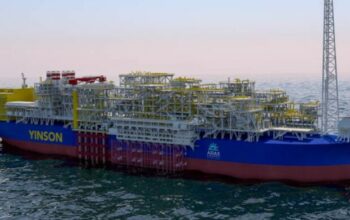African energy stakeholders are advocating for diversified energy development that includes fossil fuels, despite Western demands for decarbonization.
Speaking in London last week, a panel of energy firms and financial institutions called for an influx of global capital, technology and expertise in helping Africa to sustainably develop its resources, rather than dictating its resource development strategy.
“The collaboration we need on a global level is coming together on the funding, knowledge and technology side – bring your experiences from the Global North to the Global South,” said Olakunle Williams, CEO of Nigerian energy company Tetracore Group.
The upcoming Invest in African Energy (IAE) forum – uniting energy investors, suppliers and developers in Paris on May 14-15, 2024 – answers the call for accelerated investment and engagement.
Spanning Africa’s entire energy value chain, the forum shines a spotlight on industry-advancing projects currently available for partnership and investment.
Instead of focusing on government aid, policy or intervention, IAE 2024 targets private sector participation in highly prospective, fundable projects across East, West, Central, North and Southern Africa.
The panel underscored that Africa’s energy transition remains contingent on continued fossil fuel development, as it holds the key to unlocking manufacturing capacities.
To catalyze Africa’s long-awaited industrialization, natural gas was positioned as a critical solution, able to generate a sufficient baseload of power while producing fewer carbon emissions than oil or coal.
“To develop a renewable energy base, you need a solid manufacturing base. We cannot import solar panels and batteries, dealing with foreign exchange disparities between the West and Africa.
That’s one step forward and two steps back. We need to continue to grow our existing energy resources without apology, and step forward and transition within gas,” said Oladimeji Edwards, CEO of global energy trader Hyde Energy.
The role of the African Export-Import Bank was highlighted by the panel in making finance more accessible for Africa’s large-scale energy and infrastructure projects, with other development finance institutions urged to follow suit.
The Bank is prioritizing integrated projects that help establish regional power markets and foster intra-African trade, as well as establishing Special Economic Zones to encourage local manufacturing activities.
“Afreximbank is keen to consider investments where infrastructure that cuts across borders can be supported.
Funding of regional transmission lines is critical for us,” said Kudakwashe Matereke, Regional COO, East Africa of Afreximbank. “As a continent, we have to decide how we want to develop our own energy resources.”
![]()




